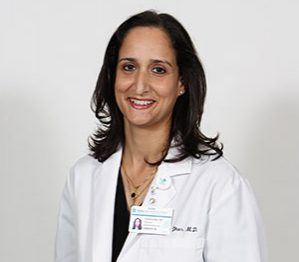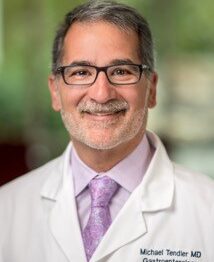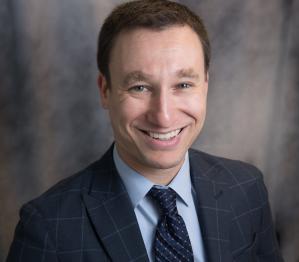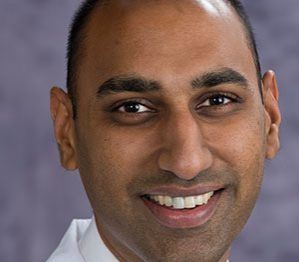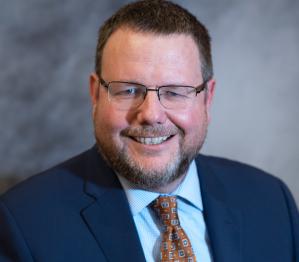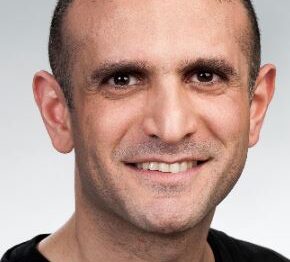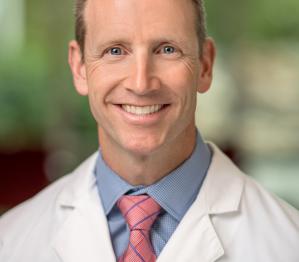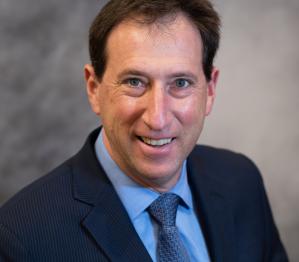CentraState Medical Center’s Gastroenterology (GI) Program offers some of the most advanced procedures available to diagnose, treat, and potentially prevent a wide range of conditions affecting the digestive tract—without surgery. Gastroenterologists use non-surgical endoscopic techniques to evaluate and treat conditions ranging from gastroesophageal reflux disease (GERD) and gallstones to cancers of the digestive tract. These procedures can provide new options and an improved quality of life for those who are struggling with pain and other symptoms related to GI disease.
COMMON GASTROENTEROLOGY (GI) CONDITIONS WE TREAT:
- Barrett’s esophagus
- Bloating and gas
- Celiac sprue: an immune reaction to eating gluten
- Constipation
- Crohn’s disease
- Diarrhea
- Diverticulitis
- Esophageal disorders
- Gastroesophageal reflux disease (GERD)
- Gastrointestinal cancers
- Colorectal cancer
- Pancreatic cancer
- Bile duct cancer
- Hemorrhoids
- Hepatitis
- Irritable bowel syndrome (IBS)
- Liver disorders
- Pancreatic and biliary disorders
- Peptic ulcer disease
- Short gut syndrome
- Ulcerative colitis
BARRX™ THERAPY
About 20 percent of Americans suffer from gastroesophageal reflux disease (GERD), which causes stomach acid to leak up, or reflux, into the esophagus. While GERD is most commonly associated with heartburn—a burning sensation in the chest or throat—it can also quietly lead to a potentially dangerous condition called Barrett’s esophagus.
Barrett’s esophagus is a change in the lining of the esophagus caused by long-term exposure to stomach acid. Normal esophageal cells change into tissue that’s similar to the tissue lining the intestinal tract. In some people, this can cause a precancerous condition in the esophageal tissue called dysplasia. Dysplasia puts you at high risk for developing esophageal cancer.
To help prevent cancer in patients with Barrett’s esophagus, CentraState Medical Center now offers an advanced, non-surgical procedure called Barrx™ radiofrequency ablation. Radiofrequency ablation uses heat energy to destroy (ablate) diseased Barrett’s tissue in the superficial lining of the esophagus. The treatment has been shown to be more than 90 percent effective in removing precancerous tissue from the esophagus.
Radiofrequency ablation is an outpatient procedure done under sedation. A thin, flexible tube called an endoscope is inserted into the esophagus, allowing your doctor to view and measure the abnormal tissue. The Barrx ablation device is then inserted to precisely deliver heat energy to only the diseased tissue. The tissue is destroyed and healthy tissue eventually grows back as it heals.
The procedure takes approximately 20 minutes, and you will go home the same day. Barrx therapy is repeated every three months until the lining of the esophagus returns to normal. Most patients require three or four treatments. Additional follow-up endoscopies monitor whether any Barrett’s tissue has returned.
Depending on the amount of Barrett’s tissue ablated, some patients may experience discomfort for a few days. However, most patients are back to work and other normal activities the day after their procedure.
Fortunately, Barrett’s esophagus only occurs in a small percentage of patients with GERD. Before it progresses to Barrett’s, GERD can often be treated with medications that reduce the amount of acid the stomach produces. Losing weight and making lifestyle changes such as eating smaller meals and reducing alcohol and caffeine consumption can also help reduce the frequency of heartburn and other GERD symptoms.
If you experience any of the following GERD symptoms on a regular basis, talk to a doctor about possible treatment options:
- A burning sensation in the chest or throat, sometimes with a sour taste in your mouth
- Trouble swallowing or a chronic sore throat
- A feeling of a lump in your throat
- Dry cough
Not everyone with GERD has symptoms. For certain patients, including those with a family history of esophageal cancer, an endoscopy to screen for Barrett’s esophagus may be recommended, whether or not you have GERD symptoms.
The average age of diagnosis for Barrett’s esophagus is 50, and it is more commonly seen in men, particularly Caucasian men.
If you are concerned about GERD or Barrett’s esophagus, your doctor can help you decide whether screening is appropriate.
TREATING GASTROENTEROLOGY PROBLEMS WITHOUT SURGERY
Interventional gastroenterology procedures are done via endoscopy. Endoscopy uses a thin, flexible tube (endoscope) with a light and camera that allows your doctor to examine the upper or lower parts of the digestive tract. With special endoscopy equipment, your doctor can not only evaluate a condition but also provide therapy.
At CentraState, some of the more common interventional GI procedures include:
- Endoscopic ultrasound (EUS), which can be used to view and biopsy abnormalities of the pancreas and upper gastrointestinal tract and drain pancreatic pseudocysts.
- Endoscopic mucosal resection (EMR), a procedure to remove abnormal tissues (lesions) in the esophagus, stomach and upper part of the small intestine.
- Endoscopic retrograde cholangiopancreatography (ERCP), which can treat blocked or narrowed bile and pancreatic ducts.
- Stent placement, a procedure that uses a metal mesh or plastic tube to reopen a blocked section of the esophagus, biliary tree or intestinal tract.
- Electrohydraulic lithotripsy (EHL) to break up large bile duct stones so they can be more easily removed.
- Nerve blocks to treat pain in patients with advanced GI cancer.
- Closures of fistulas, which are abnormal connections between two organs in the GI tract.
- Placement of fiducials to precisely mark targets for radiation therapy for cancer.
- Biopsies and polyp removal during colonoscopy.
These endoscopic procedures are done under sedation, allowing patients to return home and resume most normal activities the same day. They are performed in CentraState’s state-of-art endoscopy suite, giving patients the peace of mind of having their procedure in a hospital setting.
Colonoscopy (lower endoscopy) has long been the gold standard for helping detect and prevent colon cancer, the third leading cause in the U.S. of cancer-related deaths in women and the second leading cause in men. During the procedure, doctors can remove precancerous colon polyps before they become malignant.
Similarly, upper endoscopy can detect and remove precancerous lesions of the upper GI tract. CentraState is also offering a procedure called Barrx radiofrequency ablation™, which has the potential to prevent cancer in patients with advanced GERD. Radiofrequency ablation uses heat energy to destroy (ablate) diseased tissue in the superficial lining of the esophagus caused by Barrett’s esophagus, a complication of GERD.
An endoscope is inserted into the esophagus, allowing your doctor to view and measure the abnormal tissue that needs to be treated. The Barrx ablation device is then inserted to precisely deliver heat energy to only the diseased tissue. The tissue is destroyed and healthy tissue eventually grows back as it heals.


